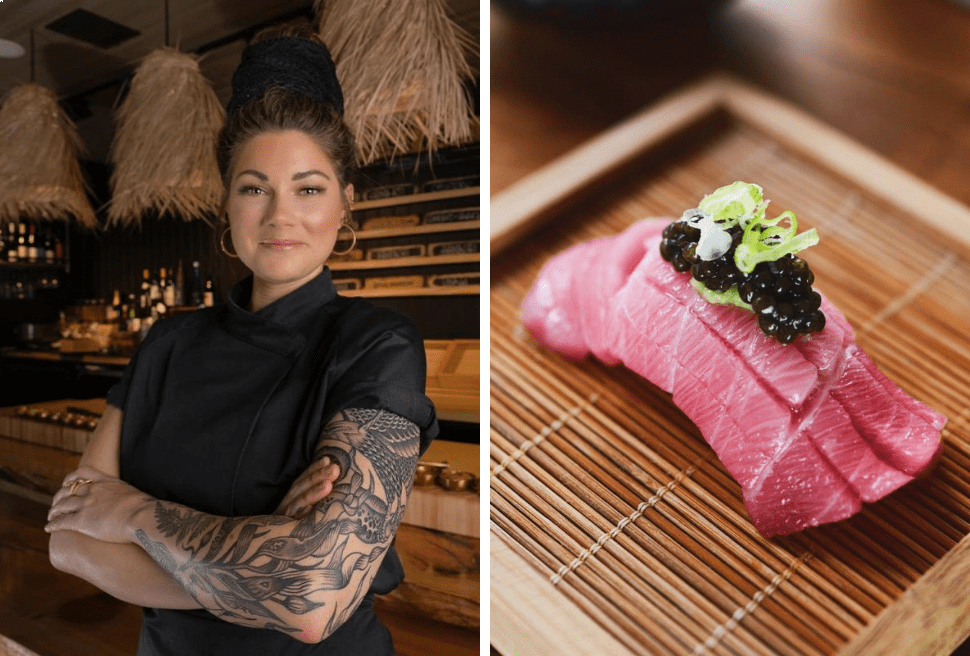When she was 12, she borrowed her sister's ID to work as a dishwasher, then switched to selling hot dogs. Today she runs an Austin sushi bar with a mile-long waiting list. Ambrely Ouimette has conquered an ancient male art.
The story
It cannot be said that Ambrely Ouimette has not worked her way up through the ranks: she began her interest in cooking with her Ukrainian grandmother, a great home cook, but she entered a restaurant as a dishwasher, using her older sister's ID when she was just 12 years old. She then sold hot dogs at a roadside stand and was trained by sushi masters near Boston. Today at 31, she leads SushiBar in Austin, an omakase with ten covers and a mile-long waiting list that sells out minutes after opening.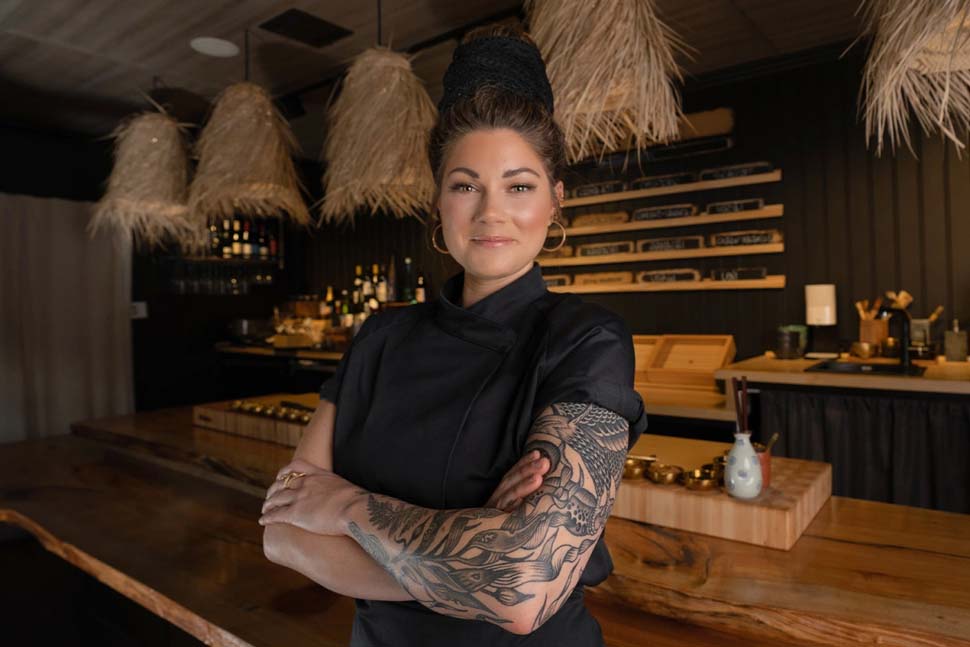 Crediti Liam Brown
Crediti Liam Brown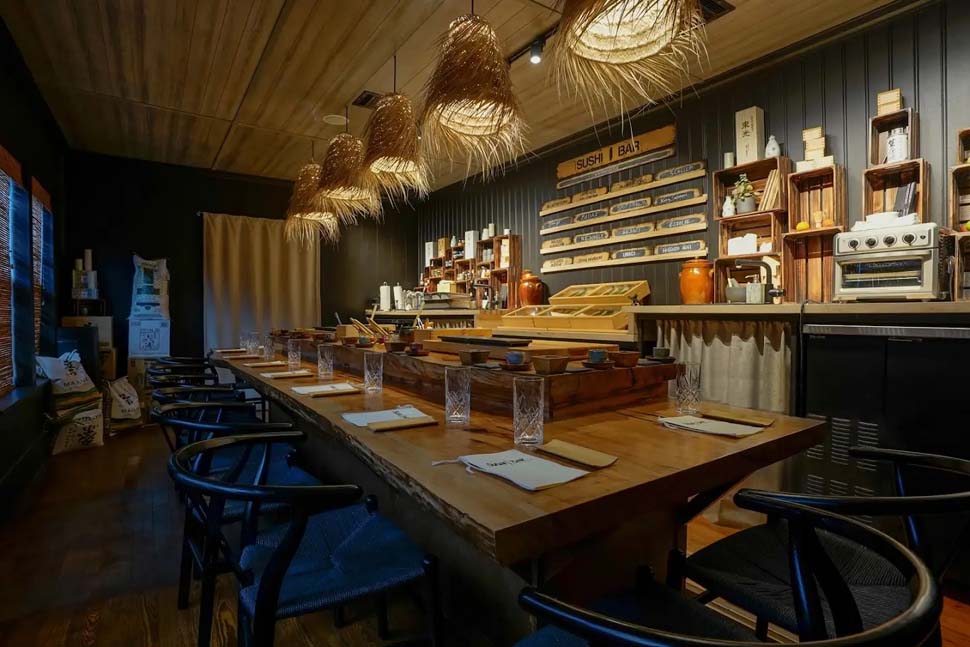
"In seafood restaurant kitchens, they were all yelling and swearing," she recalls. "Then I looked at the sushi chefs, who were all so clean and calm. Like watching a ballet. At first, they didn't feel like teaching a 16-year-old girl the trade, but I kept showing up with the $12 knife I bought at the Asian market." Her first duties were cleaning the counter and making wasabi, then she was accepted as an apprentice. It was the beginning of a fine career that has included her consulting in Japanese establishments and opening Matsuhisa, Nobu's restaurant in Denver. She says, "It was a place focused on craftsmanship, not just handing out sushi to hundreds of people every night. It was a big turning point in my career and strongly solidified my career.”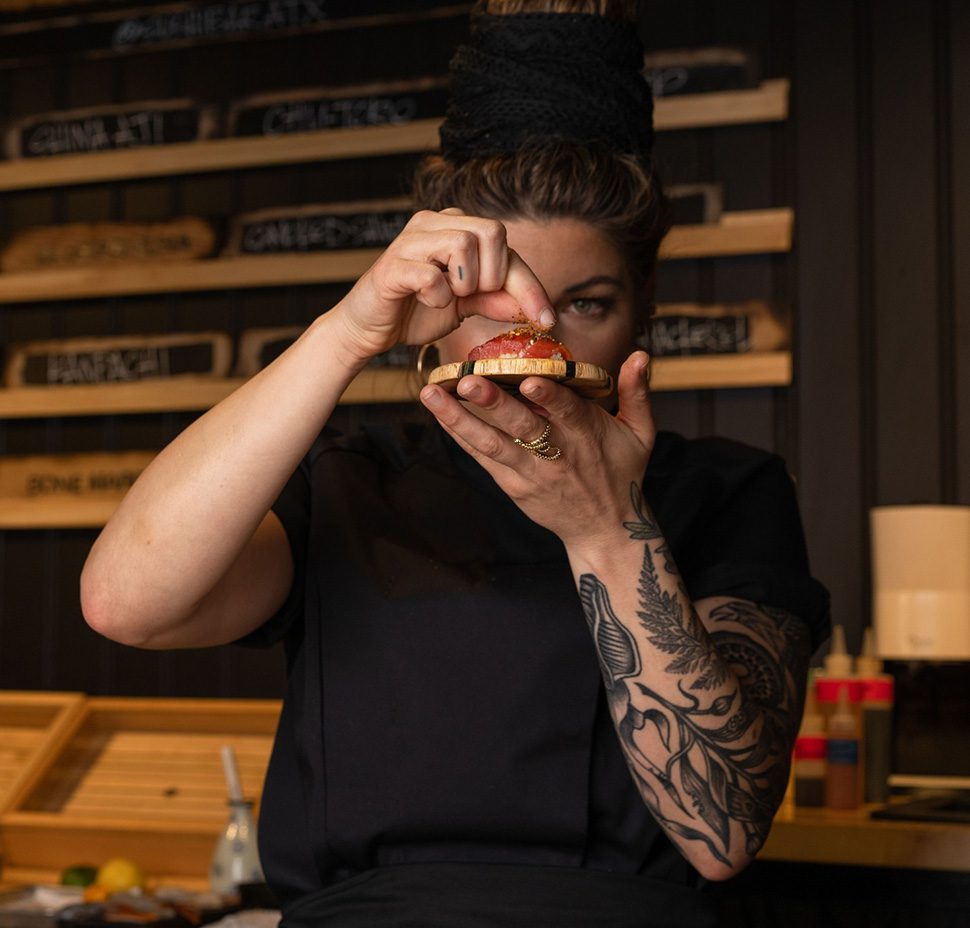 Crediti Liam Brown
Crediti Liam Brown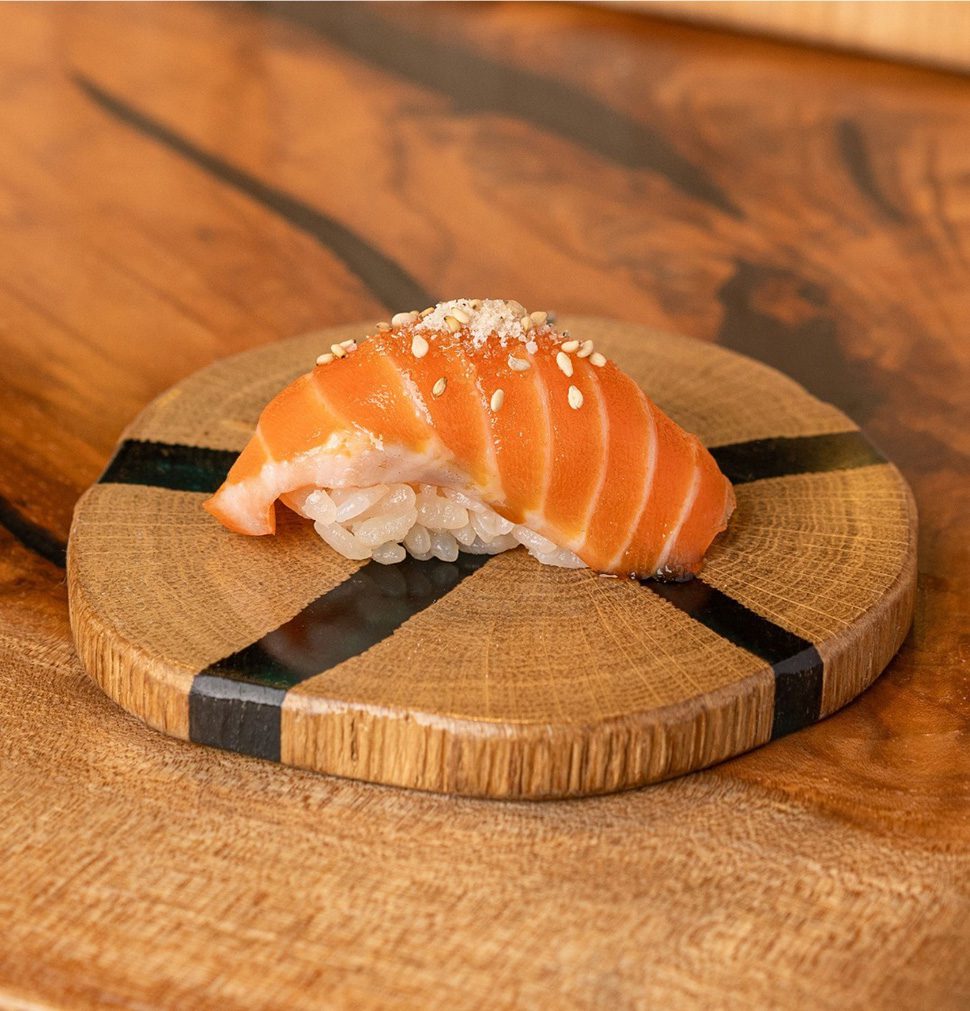
Originally called in as a consultant to SushiBar, she then took the reins permanently. "This is the first time I didn't find myself behind a male chef. Often men didn't want to teach me and make me better. Now I'm positioned to be the mentor I never had." Japanese professional kitchens have long been unfriendly spaces for women. Old prejudices lurk there, for example, that women's body temperature, which is higher than men's, would impair the quality of fish and that women lose taste during their periods. "There are many beliefs that need to be debunked. It is frustrating and discouraging at times, but hopefully, there will be more and more female chefs in the branch. As long as we favor each other, nothing can stop us."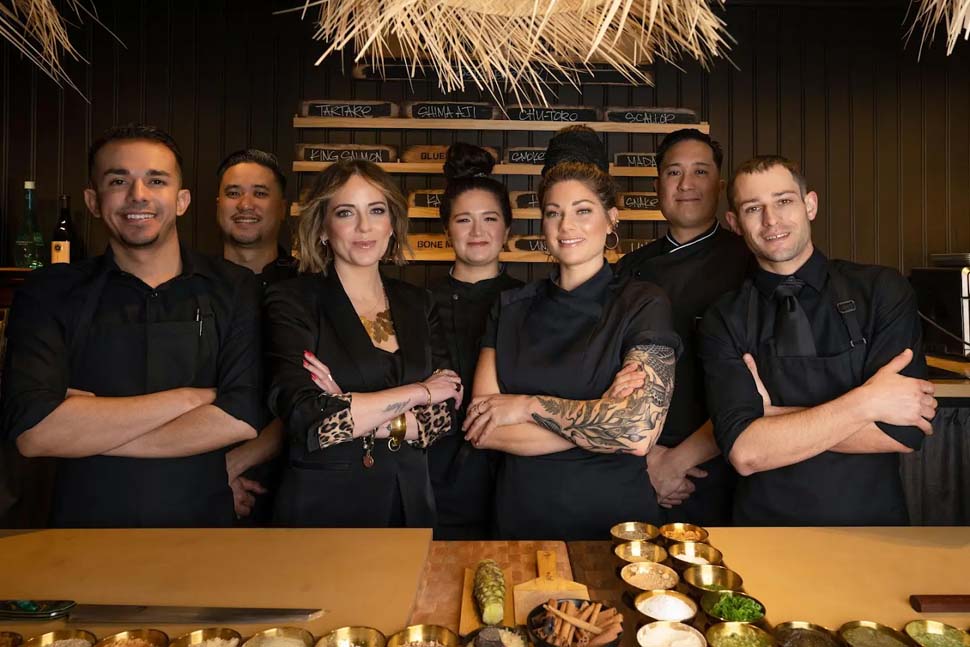
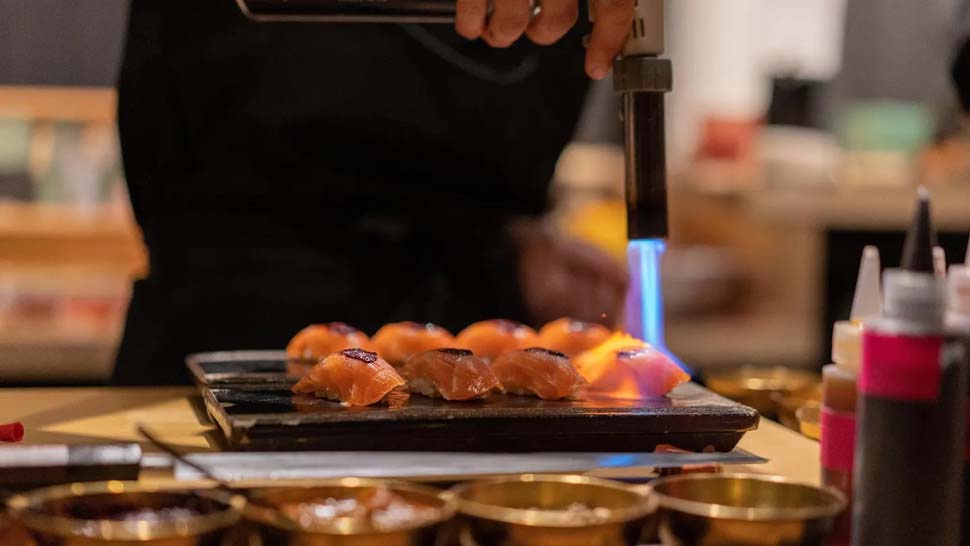
Ambrely is happy to give this ancient masculine art a creative twist—such as nigiri with fermented and salted kosho. "Traditional sushi is beautiful, but it's often similar from place to place, and I don't want to operate within that framework. I like to convey my taste to make something different, and these differences excite people, making them come back."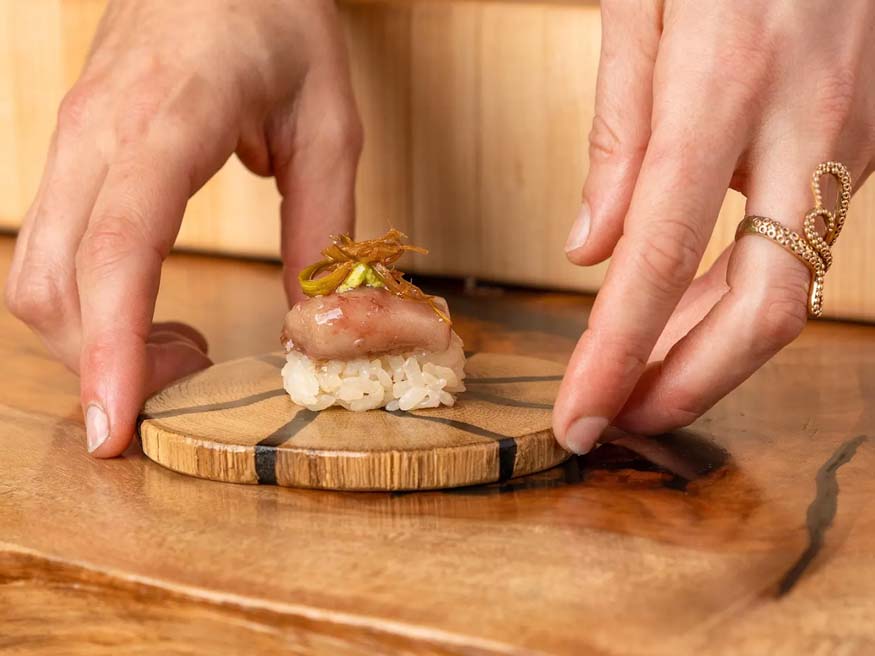
Source: insidehook.com
Find the reference article here
Photo: Credit SushiBar ATX Austin
